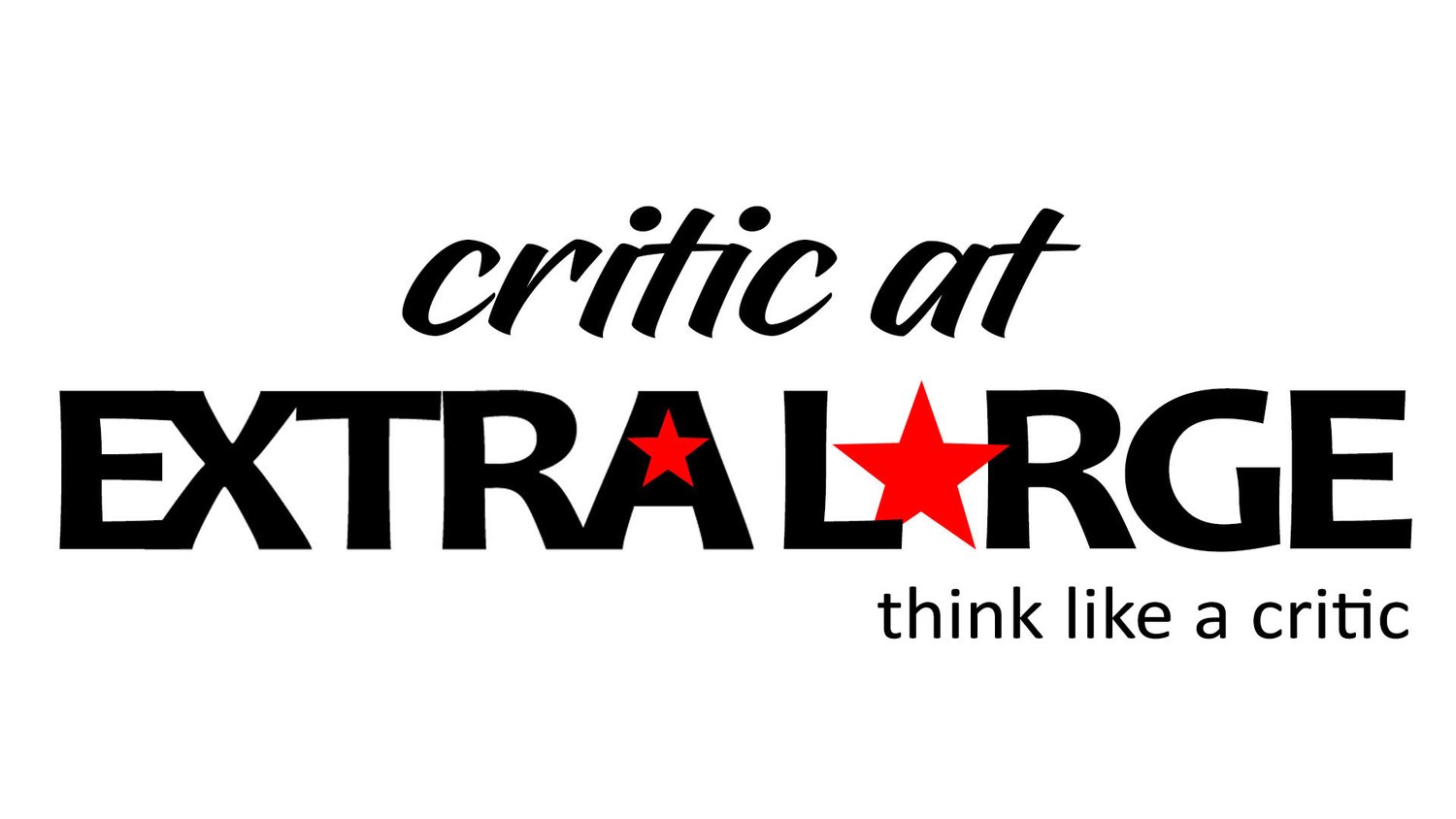Naomi Osaka and Simone Biles Hide Behind The Shield of Mental Health
One day you will die.
That is a fact of life.
Water is wet; fire is hot; you will pay taxes; Michael Jordan is NBA's GOAT. These are all indisputable facts of life.
Criticism is the price of praise—yet another one of life's indisputable facts.
Basketball fans have thrown rose bouquets at the feet of LeBron James for a couple of decades now. Deservedly so. He is one of the best to lace up a pair of sneakers. Fox Sports analyst Shannon Sharpe praises James so much you might think Sharpe was on LeBron's payroll.
There is a tax attached to all of that praise. Critics constantly throw MJ's 6-0 NBA Finals record in LeBron's face. Or they will rattle off the list of All-Stars LeBron has played with, comparing it to the inferior list of MJ's teammates. Or they will mention how the league LeBron plays in is not as tough as the NBA Jordan participated in. When LeBron added "political activist" to his business card, pundits lambasted him with criticism. "LeBron symbolizes the America Second movement, the prioritization of China and Nike ahead of the United States of America," says The Blaze's Jason Whitlock.
To James' credit, he has stood his ground and taken the praise and criticism with grace.
The same cannot be said for some of America's Olympic athletes.
Tennis player Naomi Osaka, torchbearer at this year's Olympics in Tokyo, was bounced in her third-round match against Czech Republic's Markéta Vondroušová. She blamed her mental health break and the magnitude of the moment for her loss. "I feel like I should be used to it by now but at the same time, I think the scale of everything is a bit hard because of the break that I took."
Osaka is no stranger to wearing her mental health on her sleeve. Earlier this year, Naomi lost in the first round of the Italian Open. Subsequently, she dropped out of the French Open tournament that followed. She cited mental health reasons. In a now-deleted Reddit post, her sister, Mari, insinuated that criticism from fans might have played a role in Naomi's withdrawal.
American gymnastics star Simone Biles is following in Osaka's footsteps. Biles pulled out of Team USA's gymnastics competition versus Russia because of mental health concerns. "Whenever you get in a high-stress situation you kind of freak out," Biles said in a press conference. "I have to focus on my mental health and not jeopardize my health and well-being." She even namedropped Osaka as inspiration for quitting on Team USA.
For these young ladies, criticism seems to be too steep of a price for the praise they receive.
No one denies the gravity of the pressure these women are under. Representing your country overseas in elite athletic competition is not a small feat. However, one must maintain dignity in victory or defeat. Shielding oneself behind mental health concerns is not a dignified way to lose on a big stage.
As Osaka accended up the tennis rankings, her or her Nike handlers never brought up the topic of mental health. The same could be said for Simone Biles when she swept the world by storm at the Rio Olympics in 2016.
When Osaka was taking a mental health break from tennis and the sports media, she still found time to grace the cover of Time Magazine. There were no public discussions of mental health when Biles was featured in a series of Uber Eats commercials.
Only when defeat is apparent does the issue of mental health arise. It is a despicable tactic to shield oneself from criticism.
For starters, it undermines people going through actual mental health ailments. For example, in studies conducted on American soldiers who participated in the Iraq and Afghanistan wars, over 500,000 have tested positive for PTSD (post-traumatic stress disorder). Other studies report 12% of Gulf War veterans and 30% of Vietnam War veterans have PTSD. In addition, active and retired police officers have PTSD rates between 7% and 35%. Some experts think because of insufficient data sources, the percentages could be higher. I think it is safe to say soldiers and police officers endure more day-to-day stress than an athlete.
Many of today's sports fans believe athletes are role models. I can't entirely agree with this premise, but let's go along with it for the sake of this article. Role models should remain stoic and even-keeled in all situations. Kids and aspiring athletes are watching, after all. Hence, I introduce a couple of Piers Morgan tweets regarding Olympic athletes.
Are ‘mental health issues’ now the go-to excuse for any poor performance in elite sport? What a joke.
— Piers Morgan (@piersmorgan) July 27, 2021
Just admit you did badly, made mistakes, and will strive to do better next time.
Kids need strong role models not this nonsense.
Athletes are now deemed more courageous, inspiring & heroic if they lose or quit then if they win or tough it out, which is ridiculous.
— Piers Morgan (@piersmorgan) July 27, 2021
I blame Twitter’s virtue-signallers for fuelling this culture of celebrating weakness. The real world doesn’t think like that.
Of course, Twitter users pounce all over individuals who speak the truth.
So many athletes enjoy the pleasantries that come with the high-level performances: the celebrity endorsement deals, the first-class flights, five-star hotels, the blue checkmark on social media. We should celebrate their athletic achievements and they should be compensated accordingly. However, athletes are not above critique. If they put forth a lackluster effort, they should have to answer for it. Future NFL Hall of Famer Larry Fitzgerald advocates for mental health care for athletes. He has never blamed mental illness for poor performance. More children and teenagers need messages of grit, not social media grifting. Broadcasting personal demons on the internet for empathy is not model behavior.
Blaming mental illness for poor athletic performance does have its benefits. It can provide a soft cushion when an athlete falls from their lofty pedestal.
Ronda Rousey was on top of the UFC world circa 2014-15. She could not be stopped. Rousey successfully defended her UFC Women's Bantamweight Championship six times, all in fast and brutal fashion. However, in 2015, she suffered her first professional loss to Holly Holm and lost her championship. Not long after that, we heard of Rousey's suicidal thoughts and suicidality in her family:
"It's not a weakness we should condemn. I've never shied away from talking about suicide or anything like that. It's really heavily affected [my] family, and anything that I could do to make sure it affects as few people as possible; I'd be happy to do that. I do not see why it's looked at as a bad thing."
We never knew about her suicidal thoughts before her loss to Holm. It provided a convenient cover to deflect criticism from her knockout loss. She eventually found a soft landing spot in WWE.
Osaka and Biles's soft landings will come in the form of endorsement deals. Nike is already going to work repairing Osaka's image with their "Best Day Ever" commercial, which references Osaka's press conference meltdown halfway through. It will be a matter of time when Biles has her own commercial celebrating her Olympic withdrawal.
Every issue does not have to be exploited for fame and profit. If an athlete is genuinely suffering from mental health ailments, it is sometimes best to keep them private. It would also be behoof of athletes to understand that criticism and praise are close cousins.


